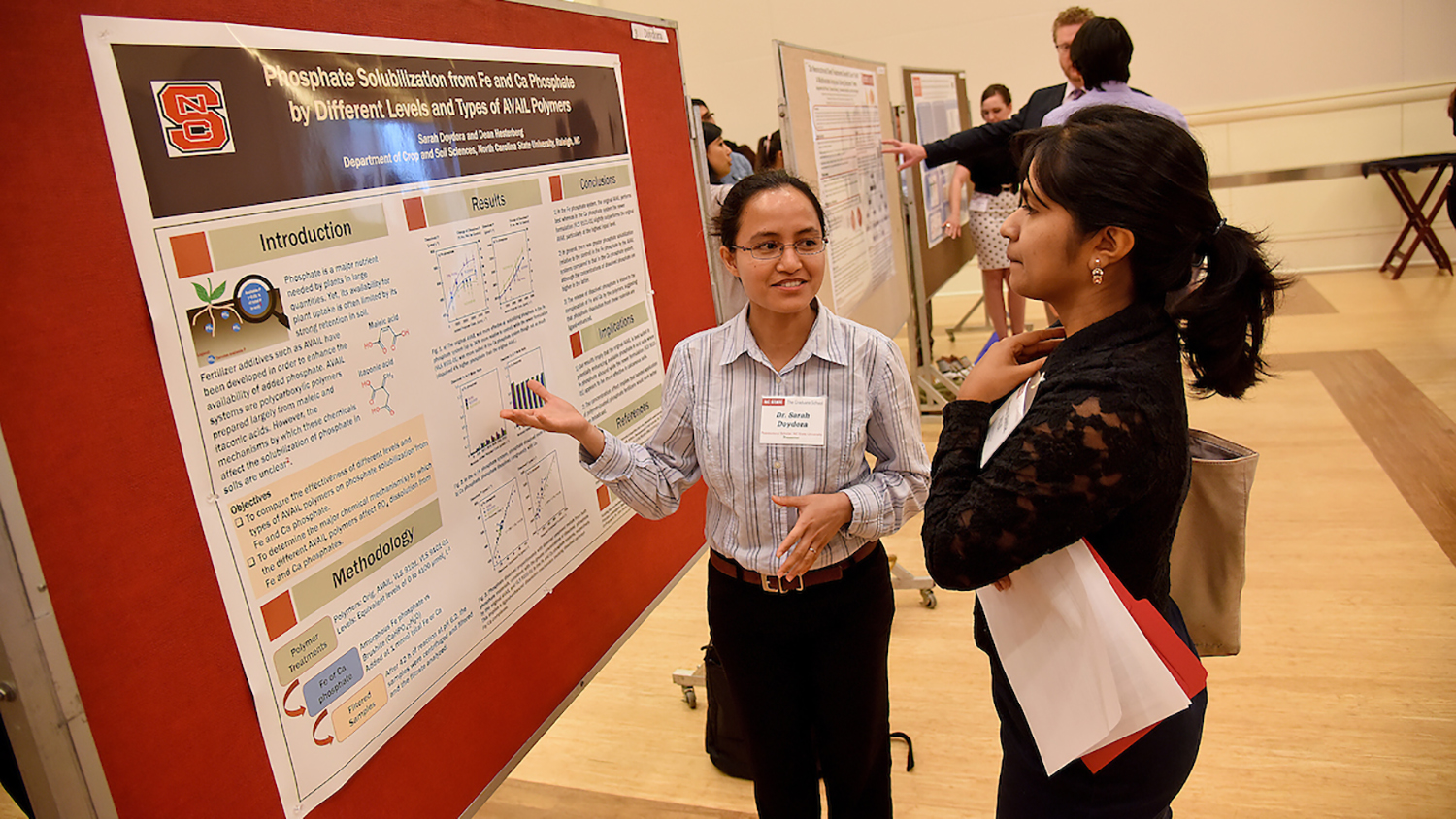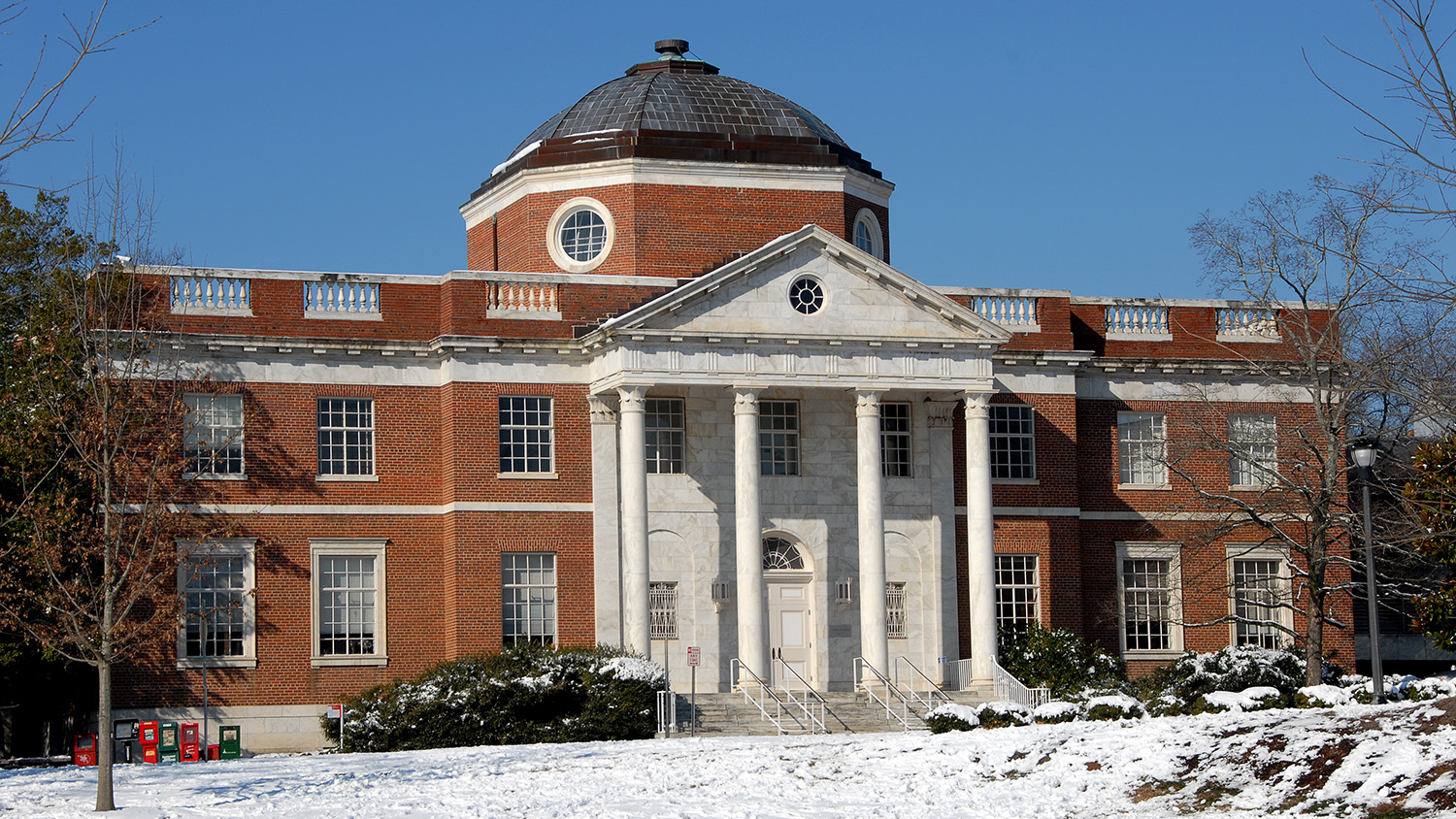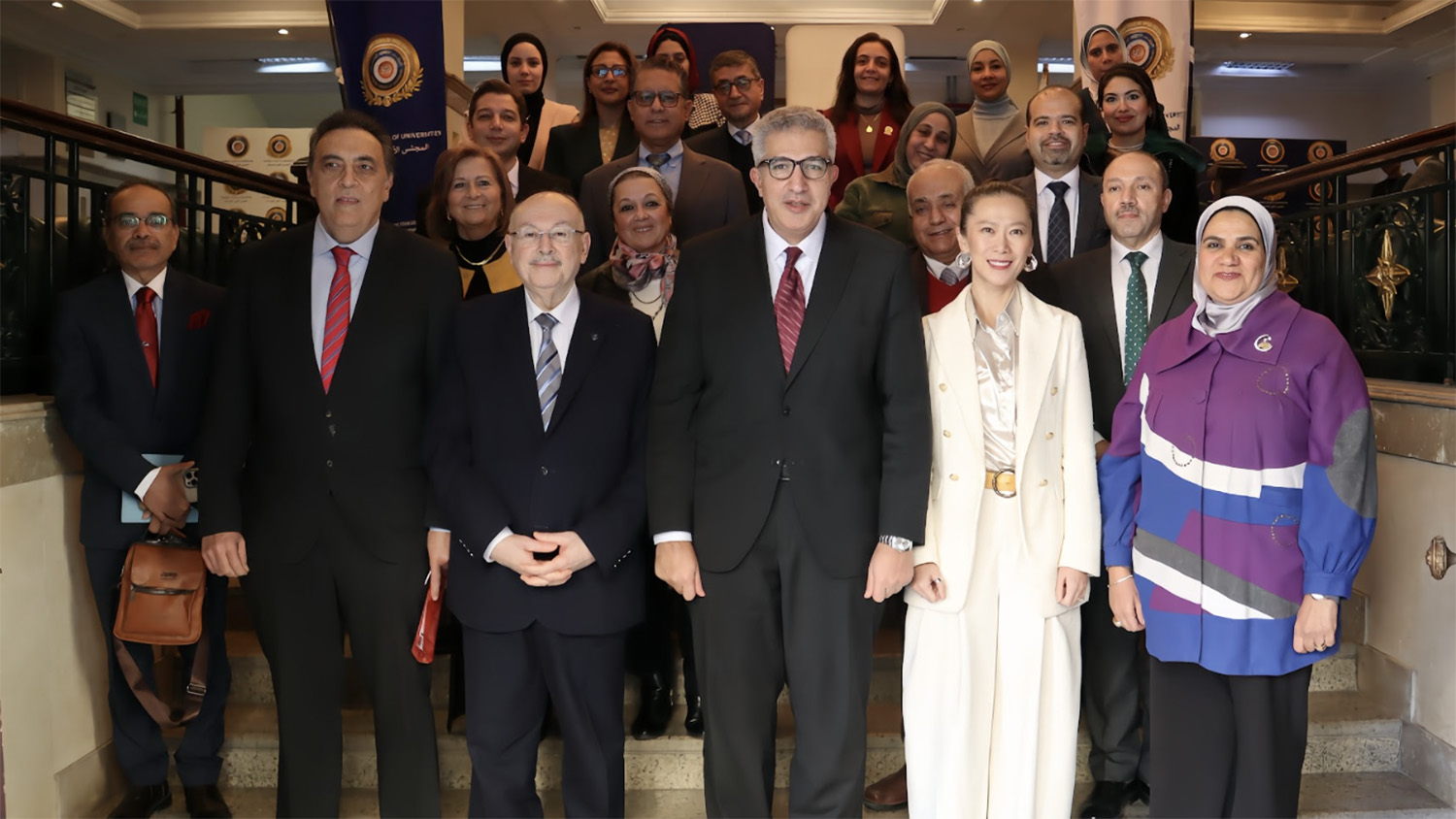Pack Hacks for Faculty: Perfecting Poster Presentations

Welcome back to Pack Hacks for Faculty. Each month, a member of the NC State faculty will provide quick tips, advice and other insight to facilitate your teaching, research, scholarship or engagement activities. If you are interested in making a submission for a future Pack Hacks for Faculty, please review our submission guidelines and contact provost-communications@ncsu.edu if you have questions.
This month, George Hess, professor in the Department of Forestry and Environmental Resources, provides strategies for creating an impactful poster presentation.
Perfecting Poster Presentations

At some point in your academic career, you or one of your graduate students will likely present a poster at a conference. Or perhaps, as a teacher, you’re seeking alternatives to slide presentations and papers at the end of a course. Class poster sessions can be fun, promote engagement with the content, and be accompanied by refreshments. Almost everything is better with refreshments.
An effective conference poster is focused, graphic and ordered
To create a strong poster presentation, you need to identify your core message. If someone glances at your poster for just a minute, what do you most want them to remember? It’s the elevator speech, with pictures, on a big sheet of paper (or large monitor).
Poster presentations should meet two key objectives: engaging people in conversation and getting your main point across quickly to as many people as possible. If people are not talking with you about your work — and theirs — you’re either at the wrong conference or you’ve failed to succinctly communicate its value. “Engaging people in conversation” means that you don’t have to put everything you know on the poster itself — just the key information — because you can talk through the details, pull the manuscript out of your back pocket, or show highly interested people your computer simulations on the side. And “getting your main point across quickly” means, well, that you don’t have to put everything you know on the poster itself.
Focus on a single message
Starting with your title — which should call out your key finding or ask a provocative question — keep everything focused on the single message you’ve decided to deliver. If what you’re presenting is part of a more complex story, select the aspect you want to address in this poster. Every image, graph and word should support that message clearly and succinctly. There’s no room for tangents on a poster; save them for your conversations with viewers.
Let graphs and images tell the story
One way to think of a poster is as an illustrated abstract. A great abstract is a story in miniature, including context and problem statement, methods (very briefly), findings (the main event), and the implications of your findings in terms of the context and problem statement. Now imagine if you could illustrate your abstract with show-stealing graphs, images and maps that make the words secondary. Voilà, you have a poster!
Almost.
Keep the flow well-ordered and obvious
Take that illustrated abstract, make sure the storyline is clear, cohesive and supports your message. Trim the text a bit more, make everything big so it’s easy to see and arrange the text and graphics in an aesthetically pleasing manner. Ask colleagues to critique your work and then modify it accordingly.
One final note: Prepare yourself for questions and conversation. Be ready with a two-minute talk-through when someone walks up, glances at your title and says, “Please, tell me about what you did.”
For more information, please visit the website that a couple of my colleagues and I created. It contains more detailed guidance, critiqued examples and several videos. Since posters are large, the site is best viewed on computers or larger tablets. Visit https://go.ncsu.edu/posters.
George Hess is a professor in the Department of Forestry and Environmental Resources. He can be reached at grhess@ncsu.edu. Find free, branded NC State research poster templates for anyone to use at https://brand.ncsu.edu/downloads/#research-poster.
- Categories:


